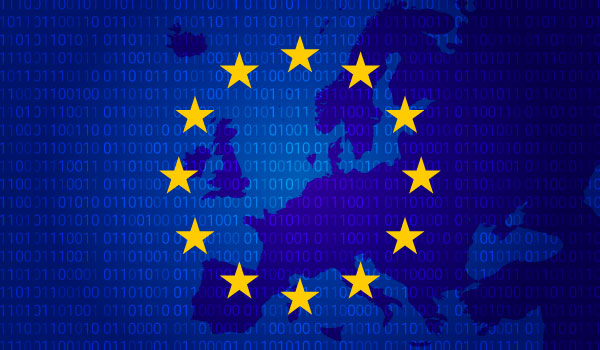The State Undersecretariat of Taxation (SET by its Spanish acronym) already allows the issuance of electronic tax documents through the Ekuatia’i system.
Paraguay keeps working on the implementation of electronic invoicing. To this end, the Paraguayan government has approved the launch of a pilot plan to test the operation of the new system for issuing electronic tax documents. The pilot plan is called EKUATIA and the tool to carry it out is Ekuatia’i.
The SET has created the Ekuatia’i tool for the country’s taxpayers to gradually join the Integrated Electronic Invoicing System (SIFEN by its Spanish acronym).
These are the documents that can be issued electronically following General Resolution No. 73/2020:
- Electronic sales receipts (CVE): electronic invoice (FE), electronic self-invoice (AFE), electronic sales receipt (BVE) and electronic resimple receipt (BRE).
- Electronic Complementary Documents (DCE): electronic credit note (NCE) and electronic debit note (NDE).
- Electronic remittance note (NRE).
Requirements to join the EKUATIA pilot scheme
The use of electronic invoicing in Paraguay is voluntary. However, for this pilot, it will be the SET who will select the taxpayers who will participate in it.
These taxpayers must meet a series of requirements:
- Have a digital certificate. Digital certificates can only be issued by an authorised certification service provider.
- Apply for authorisation as an electronic biller.
Benefits of communicating electronically with the SET
The use of electronic invoicing brings benefits for both companies and public administrations.
There are multiple benefits for companies:
- 24/7 communication with the public administration. Ekuatia’i is always available.
- Savings: the SET will digitally store all the information of the electronic tax documents. Companies will no longer have to print and store these documents.
- Efficiency: the administrative teams will stop dealing with paper documents and will increase their efficiency and effectiveness.
For its part, the government has greater control over the country’s economic transactions and operations. It will also have greater traceability and transparency. Thus, it will be able to prevent tax evasion and tax fraud. Finally, tax management between the administration and taxpayers will be more efficient.
Paraguay thus joins the e-invoicing model in many Latin American countries. One example is the Dominican Republic. The country has already completed its pilot and any company can now become an electronic taxpayer.
You can find more information on this project on the SET and EKUATIA websites.











